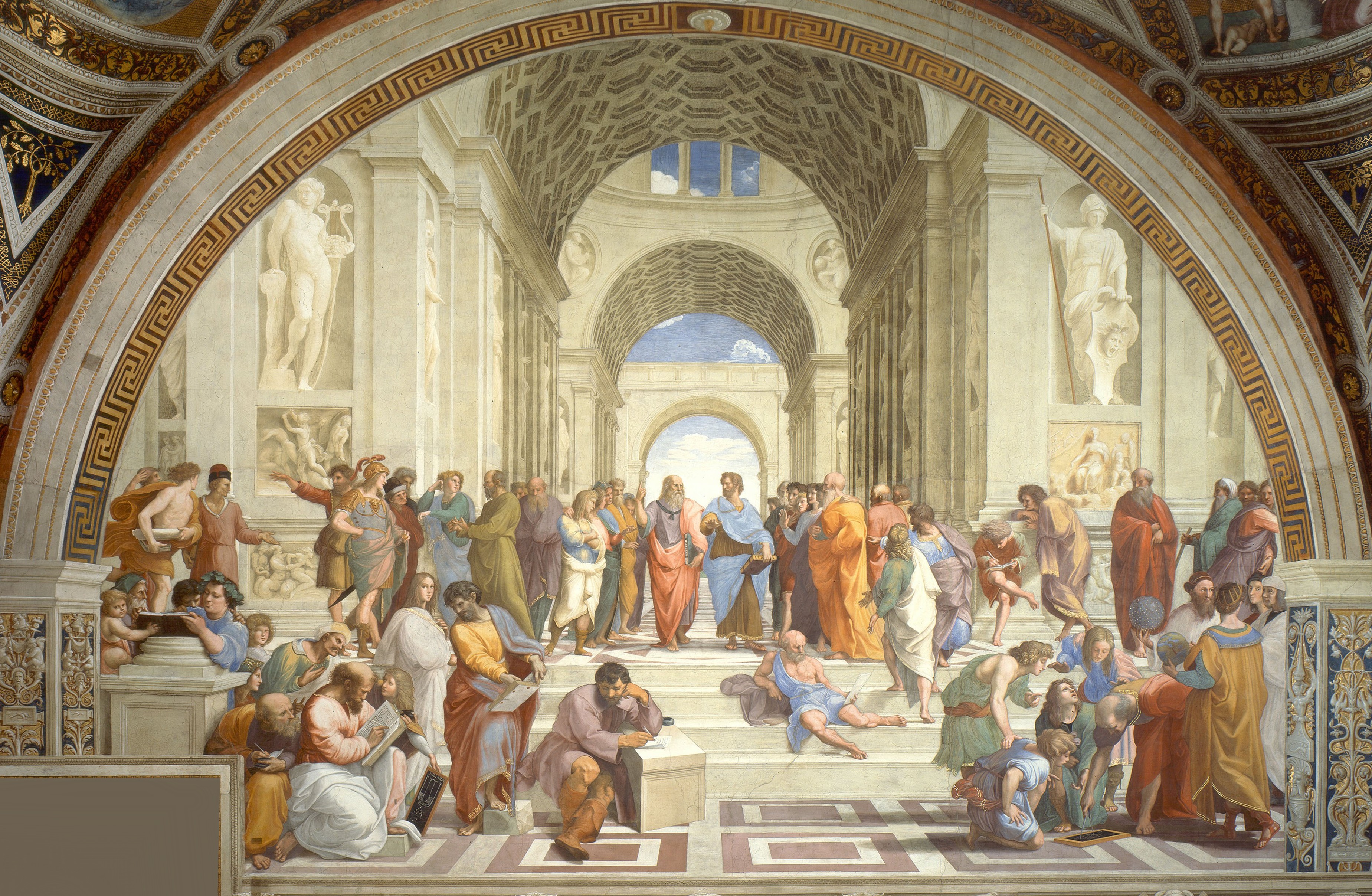But I have a question, to what end are all of these rhetorical devices used? The Illiad is, after all, a fictional work. Most likely none of the script is historically what was said. Thus were my thoughts as I read through the book, what was Homer or whomever it may have been at any of the given times this epic was told trying to inspire within the listener? It is likely that most of the people who heard these epics were unaware of rhetorical devices (as far as I know, which is very little, so feel free to correct me), yet they were still impacted (yet again, as far as I know) so much so by this work that it was and continues to be one of the most famous and well known works of all ancient Greek epic poetry. The themes of hierarchy and pride, as discussed in the excellent post prior to this one, and previous posts concerning pathos, audience, and kairos are all present within the work. But how did the use of rhetoric influence the audience it was intended for?
 Ancient Greek society functioned in a certain way, they found success in they way that their society functioned. It is so clear in the Illiad that rhetorical devices were used to steer the societal norms. Their society and civilization was made up of individuals who were influenced by an oral tradition that used rhetoric. It's powerful to see how rhetoric shaped a culture that in some way has shaped the entire western world.
Ancient Greek society functioned in a certain way, they found success in they way that their society functioned. It is so clear in the Illiad that rhetorical devices were used to steer the societal norms. Their society and civilization was made up of individuals who were influenced by an oral tradition that used rhetoric. It's powerful to see how rhetoric shaped a culture that in some way has shaped the entire western world.
To answer your question, I think Homer is showing in a way how one man can wield so much influence over multitudes when properly using rhetorical devices and modes of persuasion. I couldn't say whether the Greek populace was educated or not myself, but using such rhetoric in speech has the potential of lifting all those that hear to a higher understanding. Homer and his predecessors may have desired this outcome.
ReplyDeleteThough I perhaps know not the exact intentions of Homer in his writing, I do see clearly that this work was meant to spur a reaction in its audience. At its core, the Iliad is meant to produce a powerful stimulus in the audience, whoever that might be. To the fictional audience in the Iliad, Ulysses rekindles the fire of war in the hearts of the soldiers. In today's world, similarly but differently, the Iliad can inspire a sense of patria in its readers through the story of the Greeks and the Trojans. Vicarious? Yes. Intended? Possibly not. Either way, the words churn the waters of stagnation and produce action.
ReplyDelete